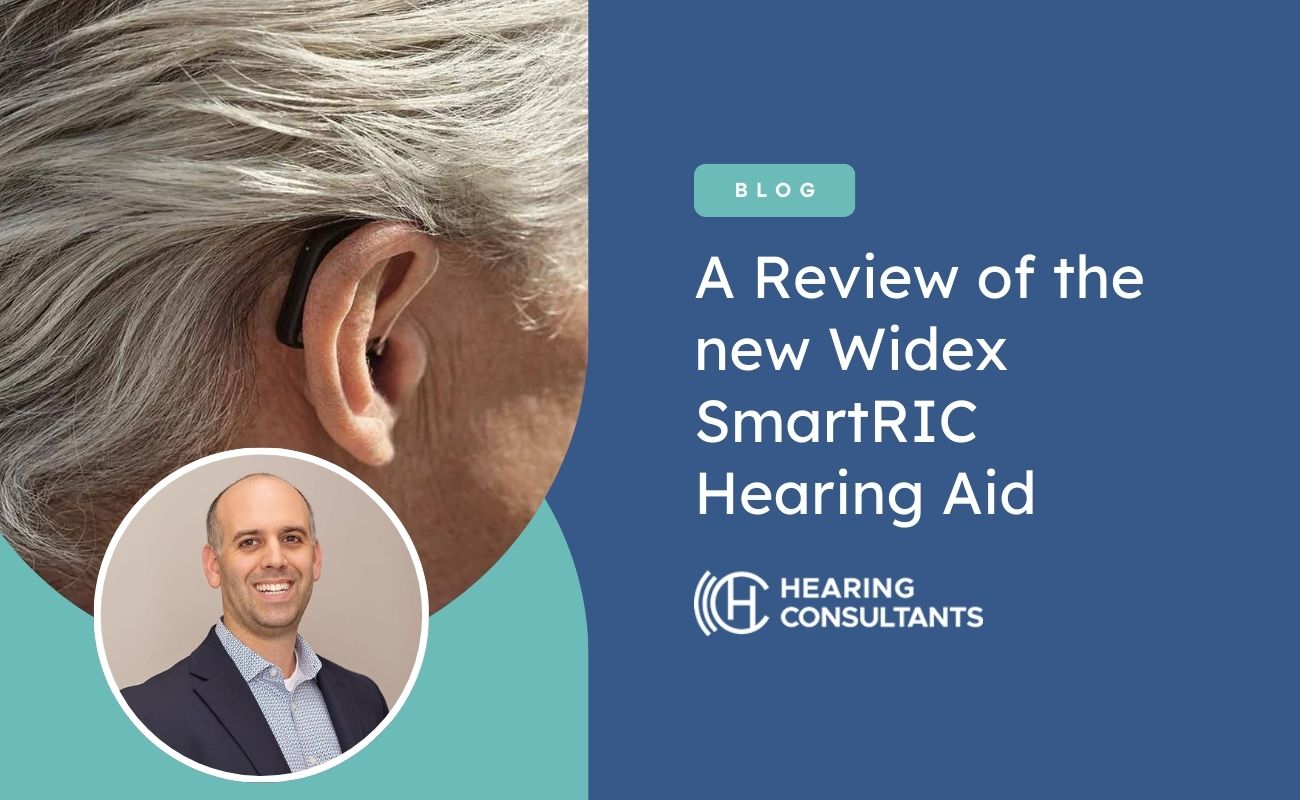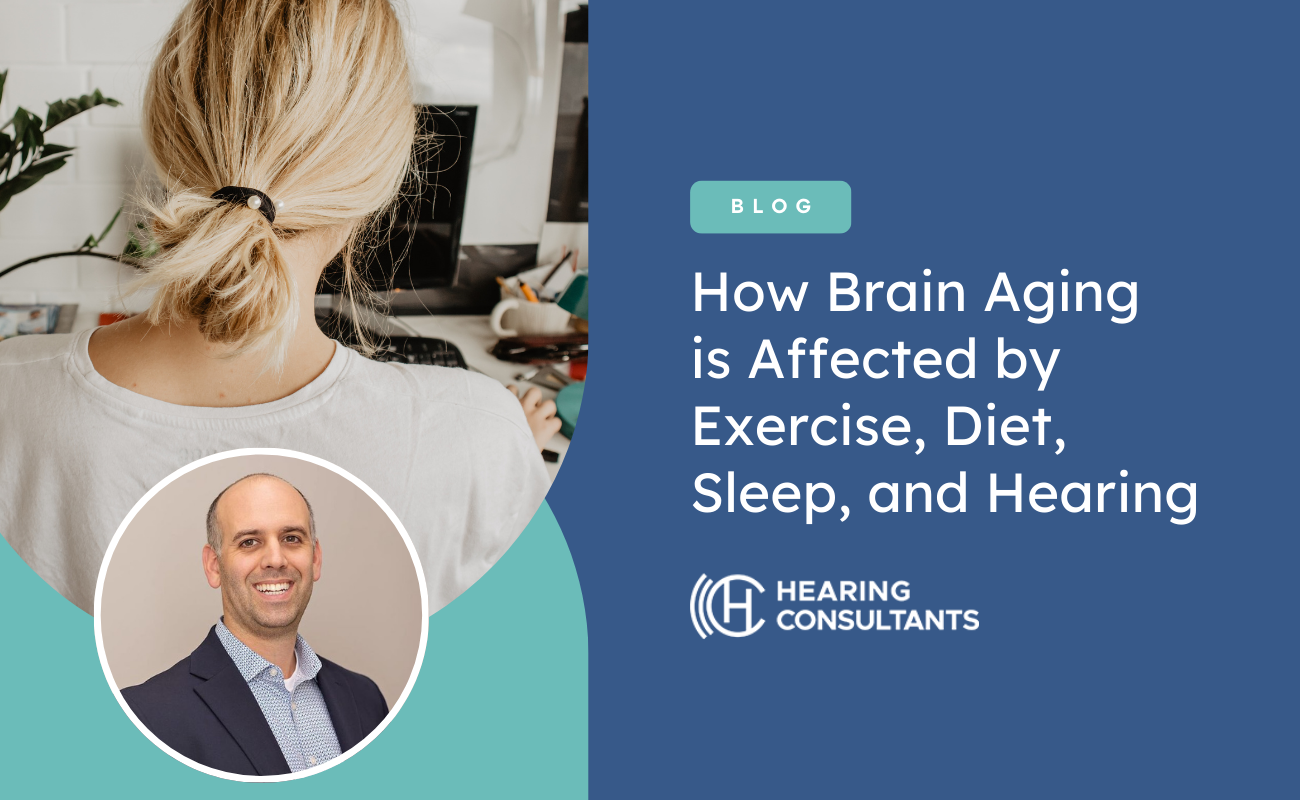October is Protect Your Hearing Month
While you may be seeing Halloween costumes in the drugstores and candy in supermarkets, October is also a month where we celebrate an important month. October is “Protect Your Hearing” Month, an annual campaign held by the National Institute on Deafness and Other Communication Disorders (NIDCD) to raise awareness around the importance of detecting and protecting yourself from noise.
Who does Hearing loss affect?
Commonly associated with the elderly, hearing loss can affect anyone of any age. Age-related hearing loss, also known as presbycusis, is caused by changes to the ears as we age and is the most common type of hearing loss. It affects 1 in 3 people over 65 and half of those over 75. However, hearing loss has been found to affect 10% of millennials and 17% of Generation Z.
Anyone born between 1981 and 1996 is considered a Millennial, and anyone born from 1997 onward is part of Generation Z.
What are the biggest causes of hearing loss in these younger generations, and what does it mean for the future of hearing health?
Noise-induced Hearing Loss (NIHL)
When sound reaches a certain threshold, it becomes loud enough to damage our hearing. It causes the inside of our ear to vibrate violently enough to cause damage to tiny cells responsible for sending sound from our ears to our brain. This can start slowly, so many of us are not aware we even have hearing issues, but slowly they can affect our relationships, our performance at work, and even cause us to score lower on cognitive tests. The Centers for Disease Control and Prevention reports that 40 million people ages 20 to 69 have hearing damage from everyday noise, which means it’s a big enough problem for a younger generation that must be addressed.
What are the Sources of NIHL?
The sources of NIHL could come from many unexpected places. The level of sound is measured in decibels and any decibel level over 85dB can start to damage sound. For many, NIHL occurs in the workplace. Worldwide, occupational noise exposure is responsible for 16% of cases of disabling hearing loss in adults. It is not just the level of exposure, but the length. When we are exposed to 85dB for 8 hours or more, hearing damage starts to occur. Over years, this can turn into a significant hearing loss which can not be reversed.
However, the CDC reports that “The decibel scale is logarithmic, which means that loudness is not directly proportional to sound intensity. The intensity of a sound grows quickly. This means that a sound at 20 dB is 10 times more intense than a sound at 10dB.”
Where are Younger Generations Being Exposed?
Of those exposed to NIHL, only half report working in noisy jobs. This means that much of the damage to the ears of a younger generation occurs at home and during recreation. Many believe younger adults are sustaining damage to hearing from attending concerts and shows and participating in dances where music and sounds are loud. Sporting events are also suspected to contribute to NIHL.
Personal Listening Devices
Many suspect that millennials and Generation Z employees have hearing loss caused by using headphones. Personal listening devices can reach levels of 100 – 110 dB, which can cause damage quickly. 100dB can cause damage in about 15 minutes while at levels of 110dB, the same amount of damage can occur in just one minute! This is why it is important to stress safe listening habits with personal listening devices. Always turn the level of your player to no more than 60% of its potential volume and take listening breaks. This can give your ears a chance to rest and recover.
Protect Your Hearing
Practice safe listening habits now to protect your hearing for the future. Know the levels of sound you are exposed to daily. Using a free app on your smartphone will allow you to detect the level of sound in the places you frequent most. If the sound is too loud in your environment, wear hearing protection. Earplugs and protective headphones can lower the level of sound by 15-33dB. Take listening breaks when you can and if a sound is too loud, step away. Hearing loss is permanent, so if you do suspect that you have a hearing loss, it’s important to have it diagnosed and treated as soon as possible. Use this October as a call to action and schedule a hearing test with us today.
Get in touch with
Hearing Consultants
Contact our clinic to schedule an appointment today!







